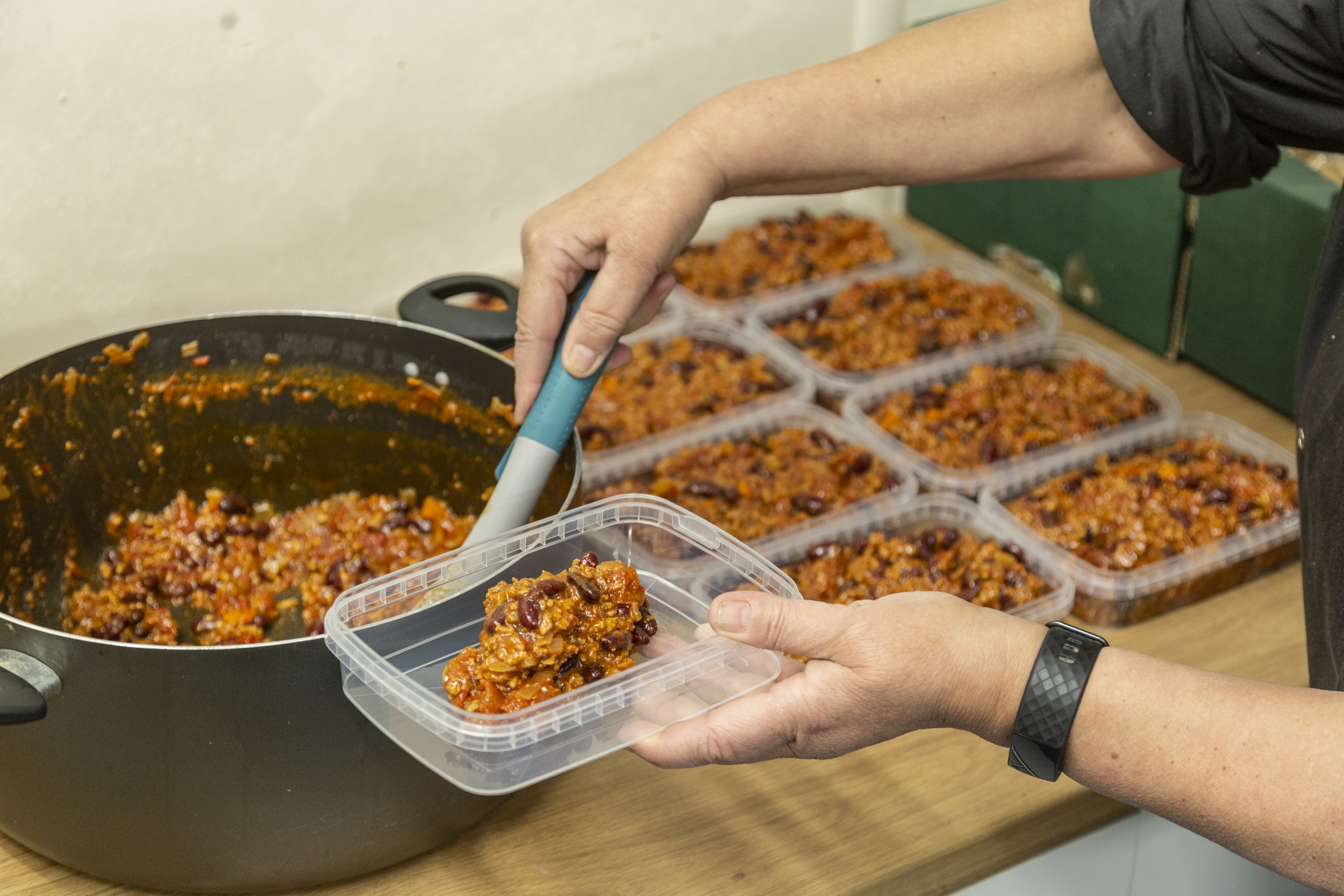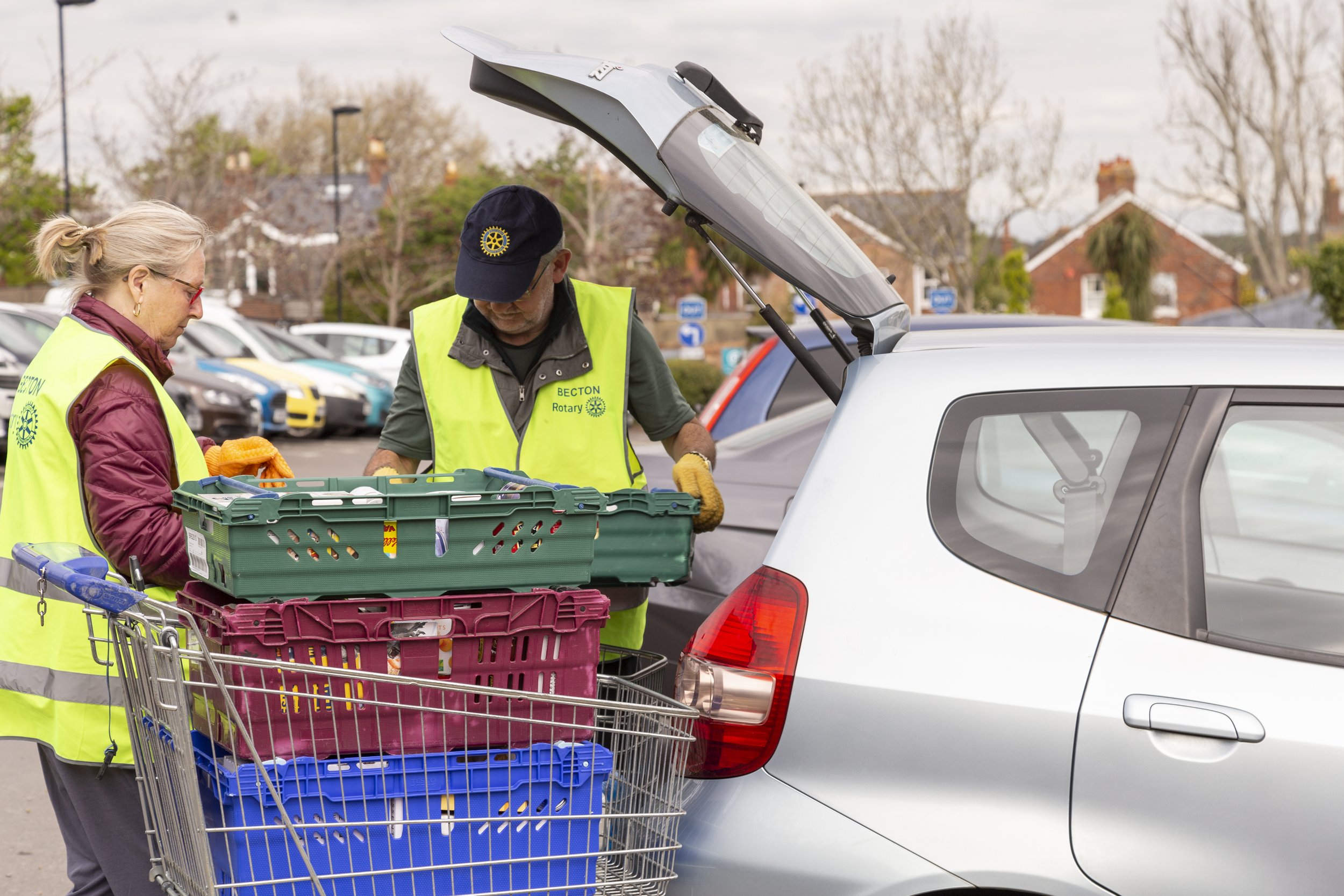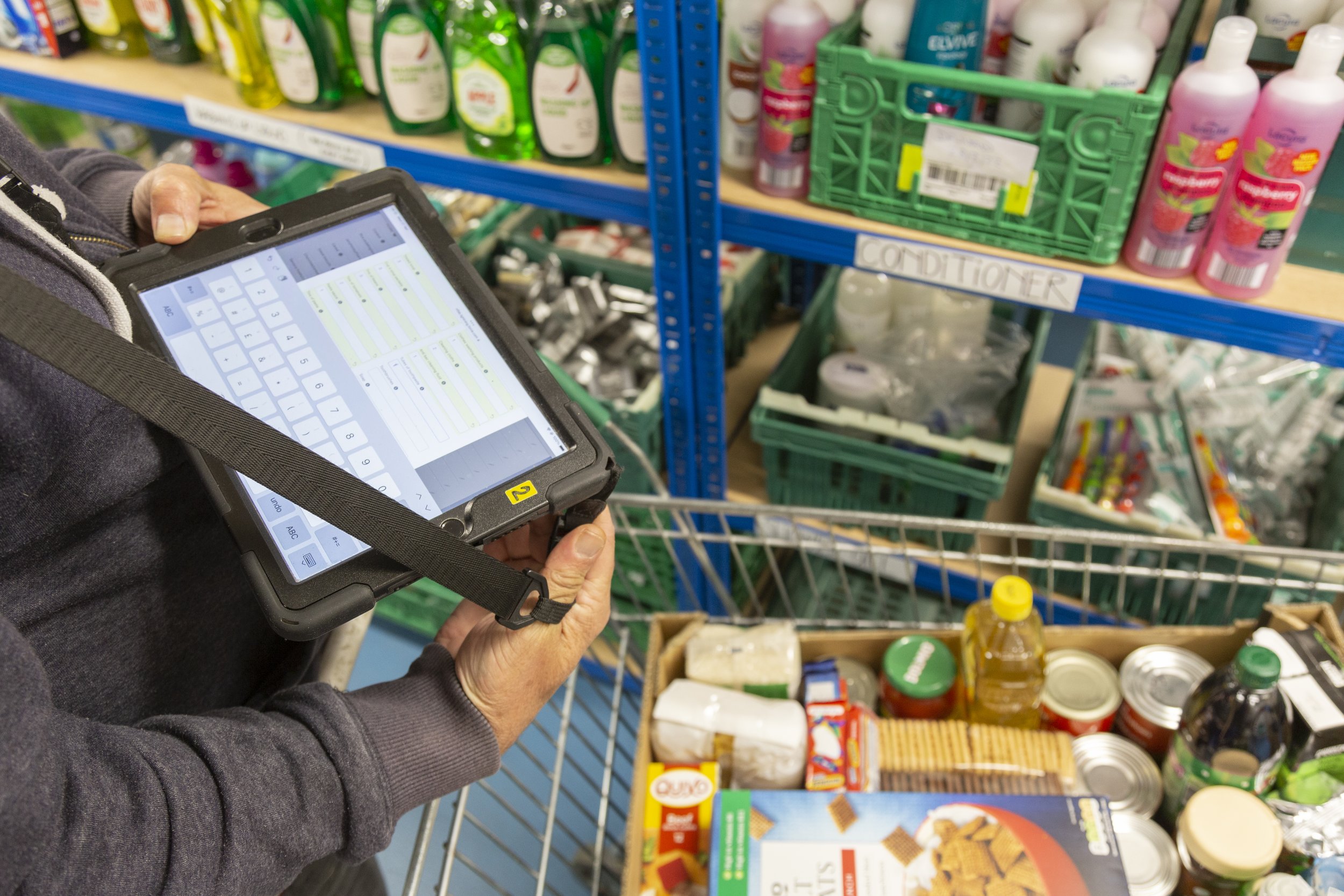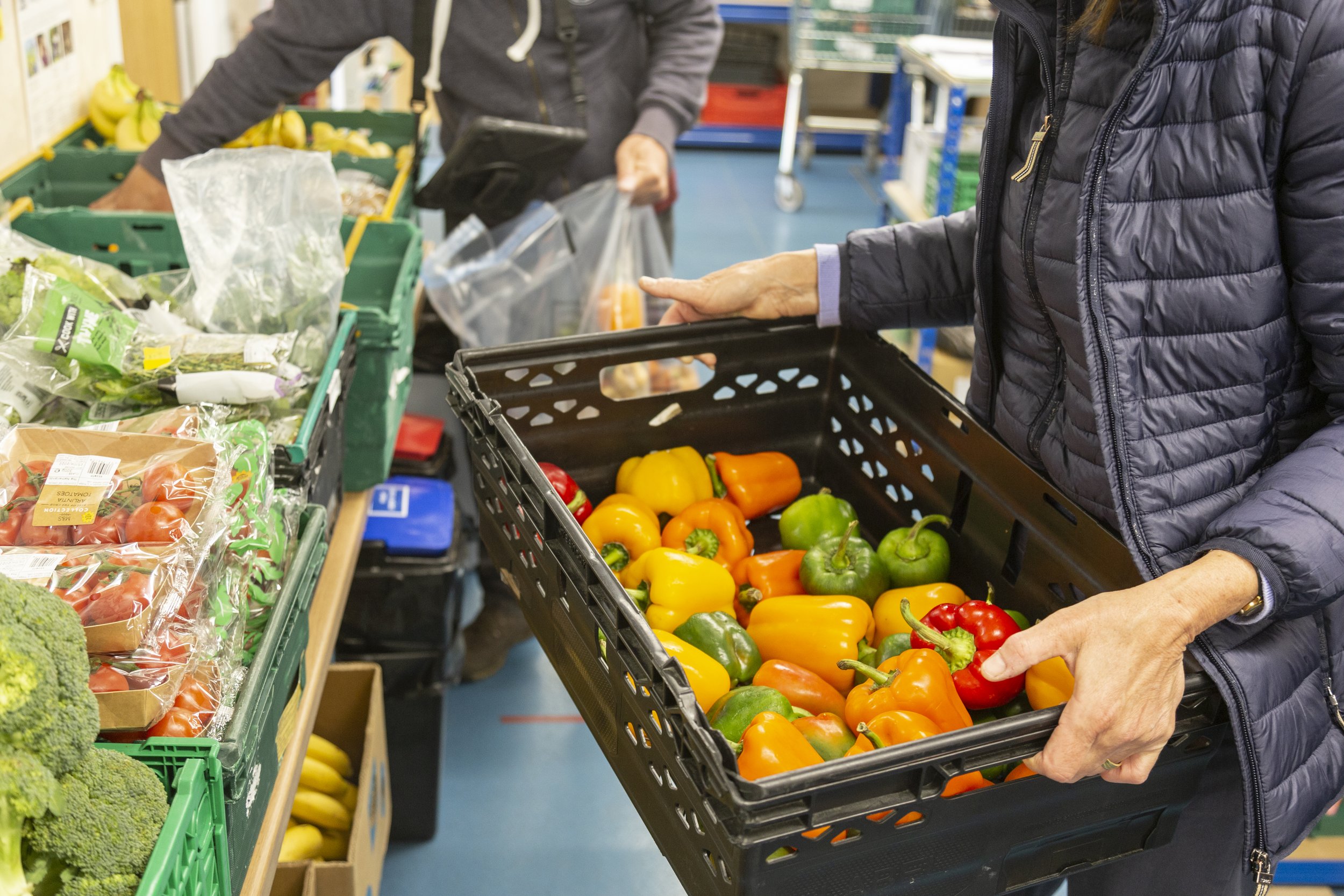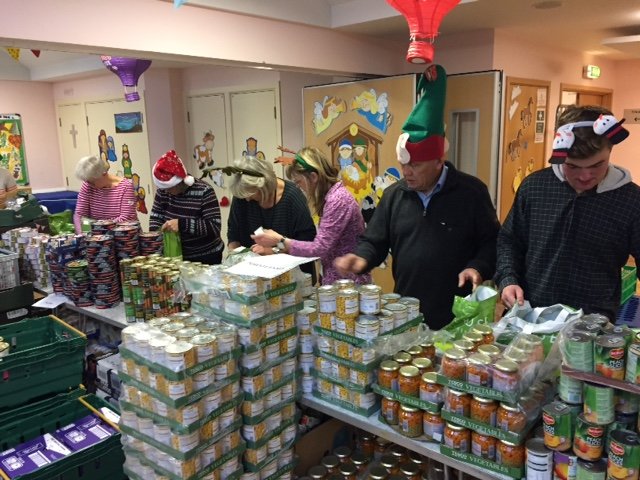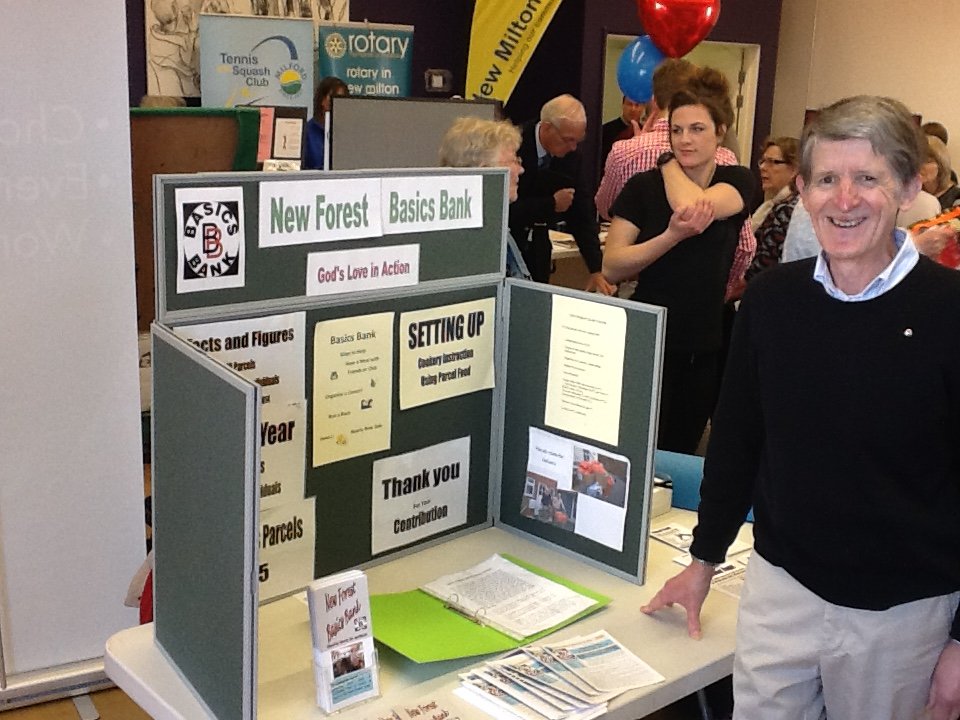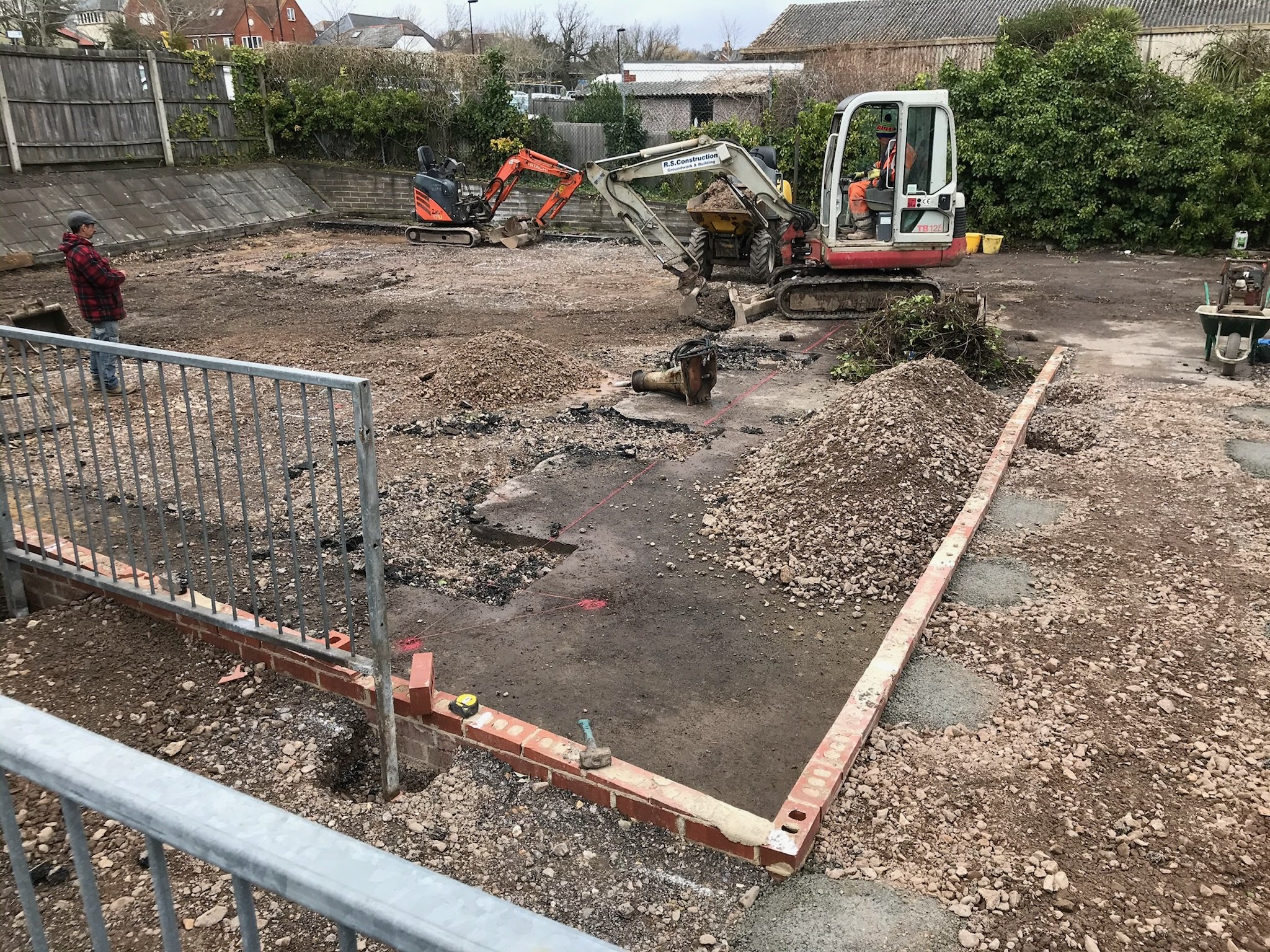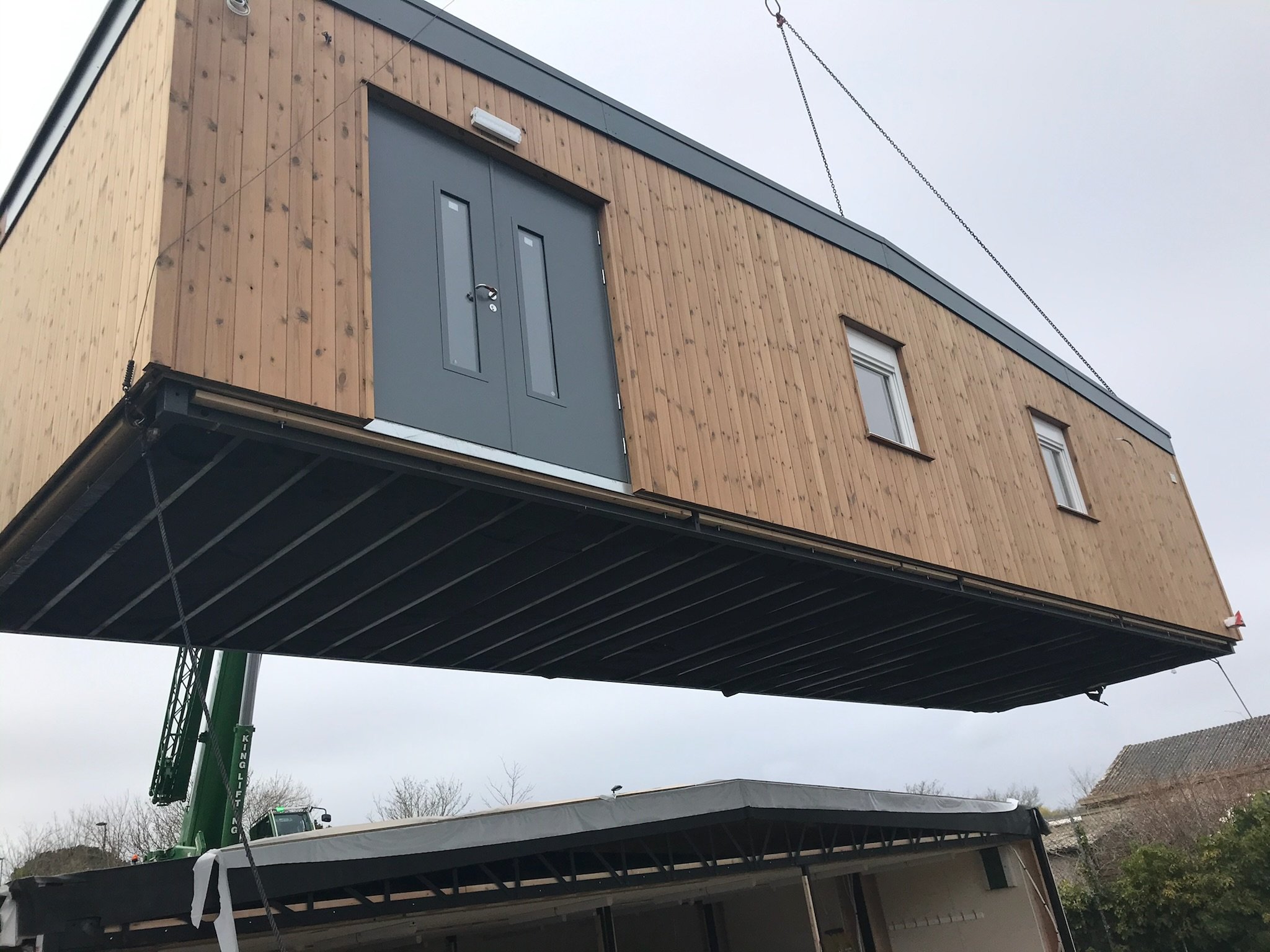NEW FOREST FOOD BANK
We Provide Food And Basics For People In Need Across The New Forest
About New Forest Basics Bank
From humble beginnings in 2004, the Basics Bank has become an essential support service within the New Forest and has grown to meet the needs of the community.
Back in 2004, New Milton based church pastor John Begbour recognised that there were people in need within his community. He started very simply by keeping a supply of food items in his own garage so that he could hand this out when needed.
After a while the need expanded, and Churches Together in Lymington and Pennington got involved. With the support of their generous congregations, the Food Bank began to operate, and the United Reform Church provided the use of an upstairs room as a store and distribution centre.
The Food Bank operated from the room above the United Reform Church with outside rickety stairs for several years, until they moved into a temporary building in the Catholic Church carpark at the bottom of the High Street in 2007. In late 2009, with the help of the Town Council, a temporary five-year occupancy permit was granted for a cabin at the back of United Reform Church. As time went on the demand for assistance grew, the New Forest Basics Bank became a registered charity in 2014. The occupancy permit was extended once for another five years; however, it became clear that a new location with a larger building would be required.
As the result of a huge effort by current Chairman Oliver Stanley and Trustee David da Cunha, the necessary permissions were secured and funds were raised to construct a brand-new modular building. In March 2020, at the start of the Covid pandemic, NFBB opened its current location behind Tesco’s on the High Street in Lymington.
The Basics Bank offers non-perishable food items, personal hygiene items, and basic household essentials. The food parcels have sufficient supplies for one week for one person and is increased to cover the number of family members for which a request is made.
There are many reasons why people may find themselves needing the support of a food bank. For example when the main earner in the household looses their job, a medical condition, a change in personal circumstances or a large unforeseen bill that leaves inadequate or no money for food. All parcels are a stop gap to support clients through troubled times.
“Coming to the food bank was sobering. We assume the New Forest to be relatively wealthy, but the scale of the need surprised us. I hope our modest contribution has helped a little.”
— Christopher from Lymington
